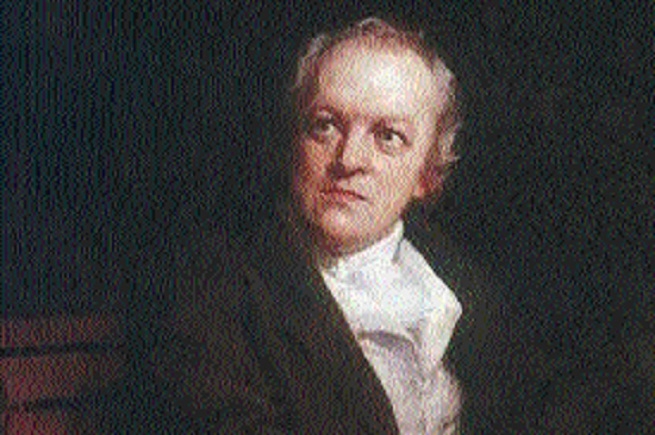Of the process of poetry
| Date :27-Apr-2021 |

William Blake
By Vijay Phanshikar :
What is poetry?
“To see a world in a grain of sand
And a heaven in a wild flower,
Hold infinity in
The palm of your hand
And eternity in an hour.”
- William Blake
OF COuRSE, there is no standard definition of poetry, but William Blake offers a wonderful interpretation of the poetic process. Perhaps the best. Poetry is hardly words. Poetry is hardly the lines and stanzas. Poetry is also not freedom with grammar for an effect. And finally, poetry is also not the poem by itself. Poetry is beyond all these - the words, the lines, the stanzas, the freedom with grammar! It is in the grain of sand or in the wild flower or in the palm of one’s hand ... That is what William Blake means. In other words, poetry means the ability to let the imagination run wild and take its own shape and follow its own course and assume its own flavour and flair and flourish and fervour ...!
So, even a grain of sand offers the poetic mind -- not the poet per se -- a vision encompassing the whole world. It is that vision that also leads the poetic mind -- not the poet per se -- to sense heaven in a wild flower. And that very mental process also can help the poetic mind hold infinity in the finite, small space in the little palm of the hand. Eternity, thus, comes rolled, encapsulated into just one hour in the poetic mind. This all is poetry -- well beyond the poem, well beyond the words and the lines and the stanzas or verse or lyric ...! William Blake, thus, puts in fine, simple words what the world understands as poetry. True, everybody may not be able to name such a mental process as poetry. But is that not a fact that such poetry often surges to wild shapes and sizes in everybody’s mind all the time? Is it not a fact that most of us have our thought and emotion running terribly wild all the time -- giving rise to absolutely outlandish ideas and images and itchings that seem to defy logic?
However, let there be no misunderstanding that poetry is something illogical. Much to the contrary, it is very logical, very appealing to reason that one may not be able to verbalise normally. And that is the reason the common pursuer, too, tends to agree with what a fine mind gives expression to. That is also the reason why most of us appreciate poetry -- in any form including poems -- since we find our mind’s reflection in it. Let us not denounce words in the poetic process. But let us also understand that words have only a limited role to play in the poetic process. What matters most is the ability of the mind to allow the imagination to work in fullest freedom, or in other words, fullest ordinariness -- when all the senses are operating without any bondage! When the human imagination operates in such an ethereal medium, then poetry is born -- oftentimes without or beyond words.